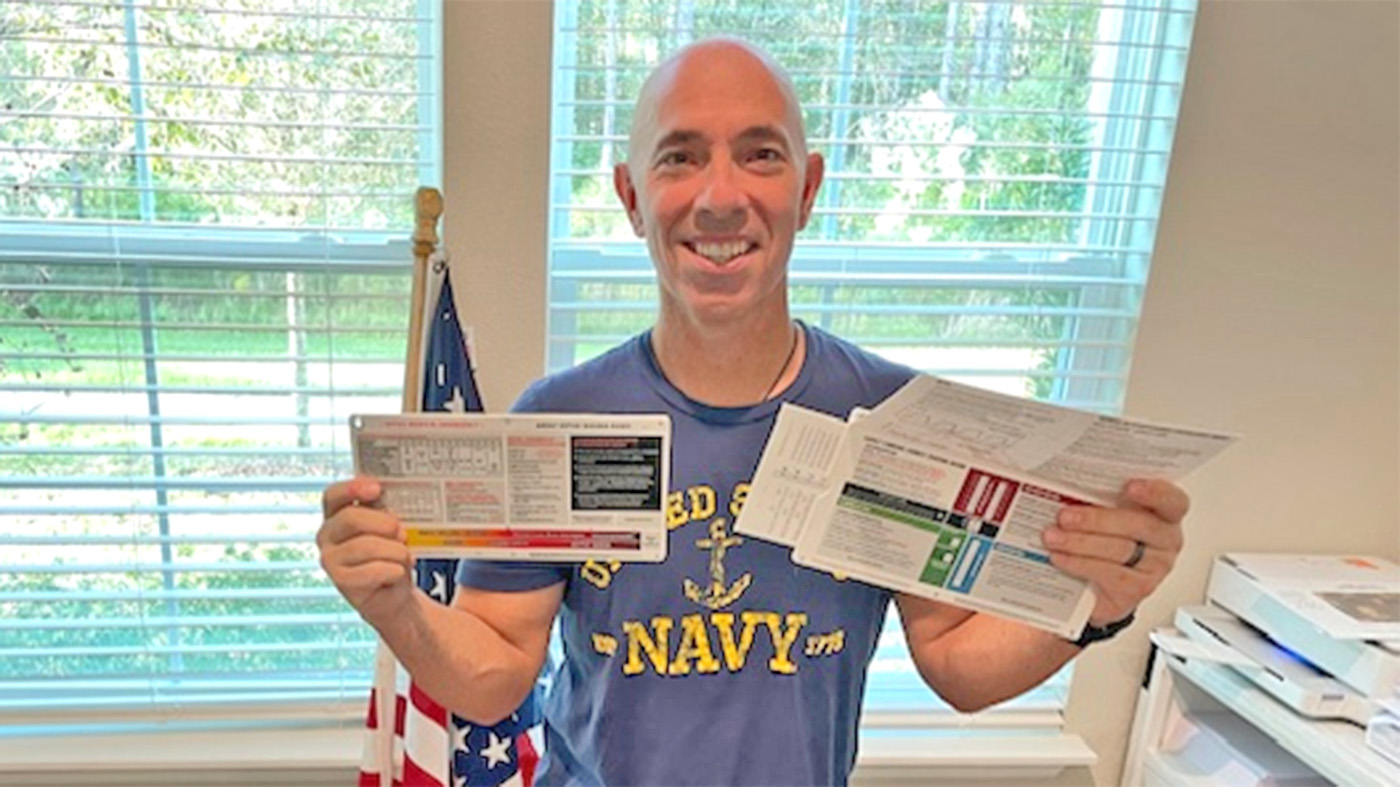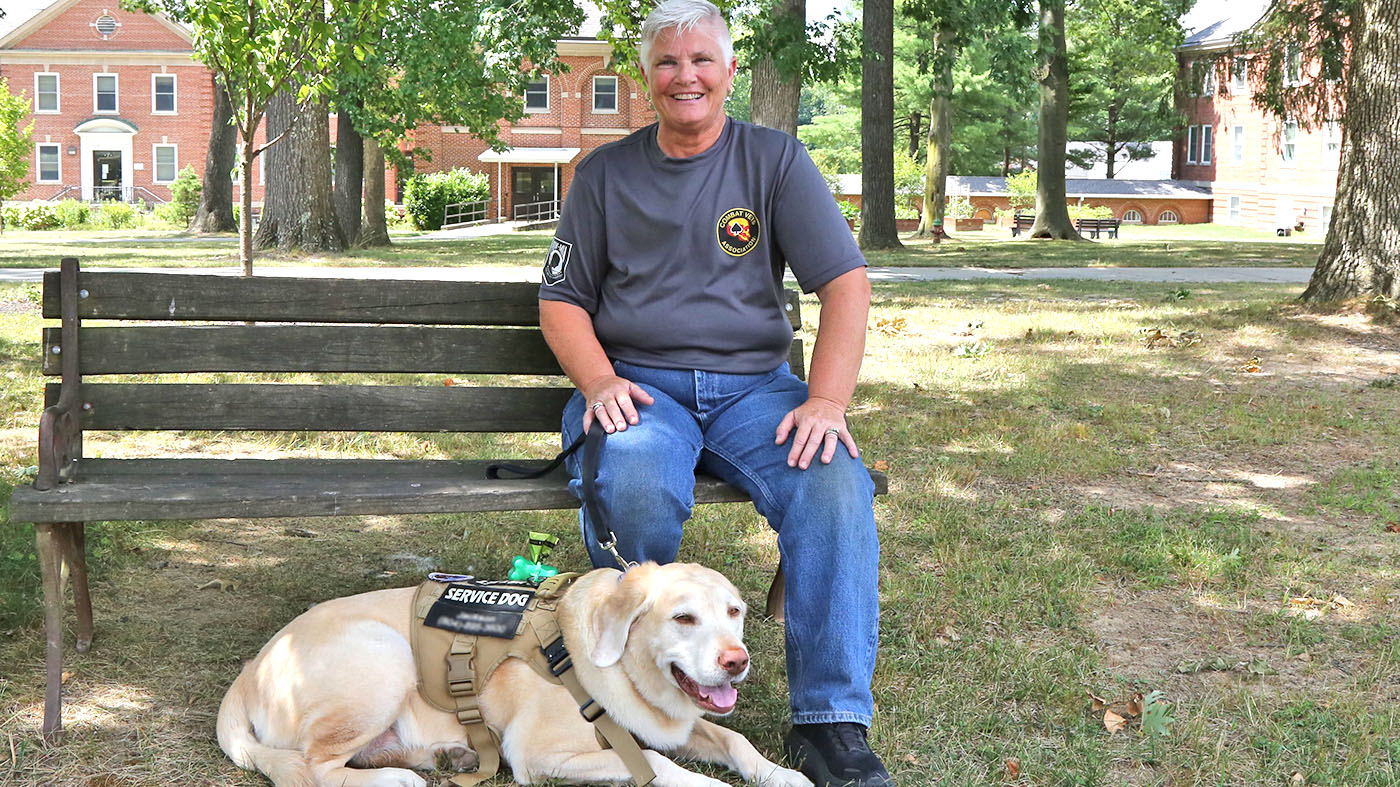With thousands of Veteran suicide deaths each year, the number of family members, friends, caregivers and supporters who are devastated by suicide loss is immense.
They often ask, “Why… what did I miss?” or “How did this happen?” or “How am I supposed to move forward?”
As individuals navigate life after a suicide loss, it’s important to make sure they have a safety net and support system to help them grieve. Postvention is a crucial piece of this safety net. It promotes healing after a death by suicide in many ways, including offering immediate and long-term support, processing reactions, providing psychoeducation and recommending resources.
Postvention safety net
For health care providers, coping with a patient suicide loss has unique challenges The postvention safety net is beneficial to health care providers who were closely involved in the care and well-being of Veterans who have died by suicide.
“As a provider, when a client you have worked with dies by suicide, it can be especially difficult to simultaneously process the loss while maintaining professional duties,” says Dr. Suzanne McGarity, a postvention expert and suicide risk management consultant. “Suicide loss can affect providers’ professional identities, relationships with colleagues and clinical work.”
Providers do not have to grieve and recover alone
The Suicide Risk Management Consultation Program (SRM) offers postvention support and services for health care professionals.
“SRM postvention consultation services are designed to meet VA and community providers’ specific postvention needs, which could range from emotional support to clinical or administrative assistance,” said SRM consultant Christie Machan. “This help is available whether it’s for a provider suicide loss survivor, supervisors or a facility wanting to develop postvention plans or teams.”
SRM is a free resource available to any provider serving Veterans who would like support surrounding a suicide loss.
“As a provider suicide loss survivor myself, I can speak to how devastating losing a patient can be. Having a supportive supervisor familiar with postvention and the support of other colleague survivors was instrumental in my healing,” Machan added.
Email SRMconsult@va.gov to start the provider consultation process
SRM can also offer consultative services to develop or enhance localized suicide postvention practices. VA and community providers are encouraged to email srmconsult@va.gov to start their consultation process. An SRM consultant will then be in touch within 48 hours to collect additional information and outline next steps.
This March, the SRM Monthly Lecture Series will host SRM consultants Christie Machan and Dr. Suzanne McGarity. In this one-hour, virtual session, Machan and McGarity will discuss how to conduct postvention processing services effectively and efficiently for providers.
You can learn more and register here.
If you are a Veteran in crisis or are concerned about one, please call the Veterans Crisis Line at (800) 273-8255 and press “1” or text 838255.
Additional postvention resources for providers, workplaces and the greater community can be found on the Uniting for Suicide Prevention website.
Topics in this story
More Stories
Critical care dosing guides are critical in emergency care where a clinical team’s skill and focus matter most.
Combat Veteran faces the traumatic events of her PTSD during prolonged exposure therapy and looks forward to the days to come.
Bob Jesse Award celebrates the achievements of a VA employee and a team or department that exemplifies innovative practices within VA.






